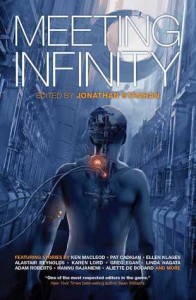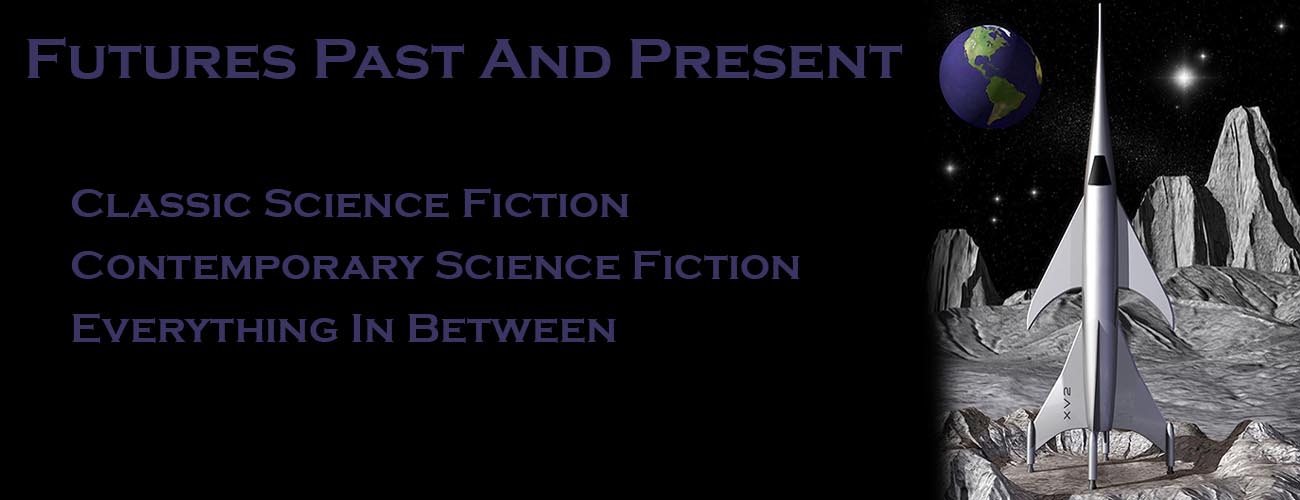Over the last few years,
Nightshade Books has published four volumes of an anthology series titled
Eclipse, edited by
Jonathan Strahan. Now that series is going online, with new stories published on the second and fourth Mondays of every month. (The
press release says first and fourth, but an email from the editor to me said second and fourth. Since the premier is on October 8, I’m inclined to go with the second and fourth.)
Anyway, Mr. Strahan was kind enough to send me advance copies of the two stories he’ll be publishing in October. One is a fantasy by K. J. Parker which I’ve reviewed over at Adventures Fantastic, and the other is a science fiction by Christopher Rowe, the subject of this review. These are short stories, so the review aren’t going to be as long as the ones I write for novels.
“The Contrary Gardener” is a quiet, thoughtful piece of relatively near future science fiction set in what appears to be Kentucky, although it’s somewhat hard to tell how near future it is since no dates are given. It’s the story of a young woman, Kay Lynne, who is a gardener in a society in which genetically grown fruits and vegetables are the main source of not just food but ammunition. All of this is strictly regulated by the government. As are most aspects of daily life, including how father and daughter greet each other.
Kay Lynne is something of a nonconformist and has a strained relationship with her father, who grows beans for the military. There’s some sort of war going on, with the usual propaganda. The beans are used as ammunition.
In addition to advanced bioengineering, there are advanced machines, which are taking the place of people in a number of jobs.
As a consequence of her nonconformity, Kay Lynne is pretty apolitical. At least until something happens that forces her to make some uncomfortable choices.
That’s all I’ll say about the plot. The two principle characters, Kay Lynne and her father, are well drawn, especially for such a short tale. The world they inhabit is well-thought out and detailed. I’ve read somewhere (and don’t ask, because it’s been so long I have no idea where) that good world building is like an iceberg. The reader only sees the tip of all the work that went into it. I got that impression from reading this. Rowe has definitely done his homework here, for his world is rich in detail. I’d be open to seeing more of it.
This story in many ways had a pastoral feel to it, not unlike the work of Clifford D. Simak. I consider Simak to be a neglected master, and it was nice to read something reminiscent of his work.
With the story and it’s companion, Strahan has set the bar high on his initial choices to launch Eclipse Online. He’s going to have his work cut out for him to keep the quality this high. If I were a betting man, I would lay my money on his being able to do it. Check this publication out. It’s going to be good, and I’ll be surprised if the stories we see here don’t pick up some award nominations as well as a few awards.
 Meeting Infinity
Meeting Infinity
